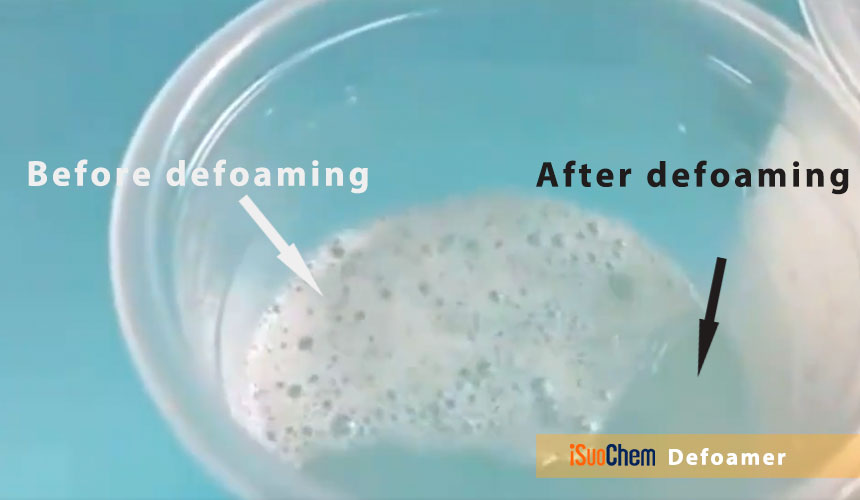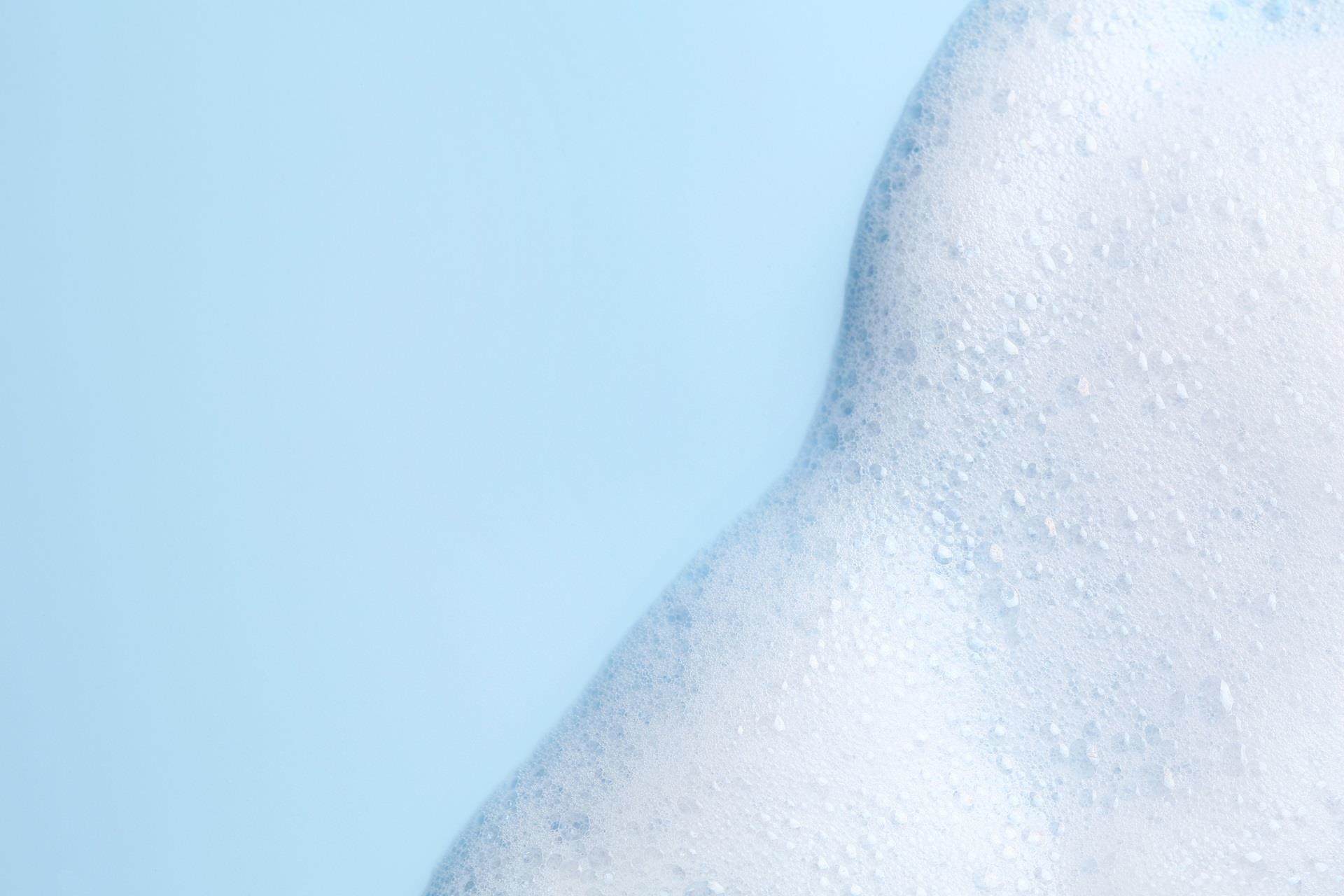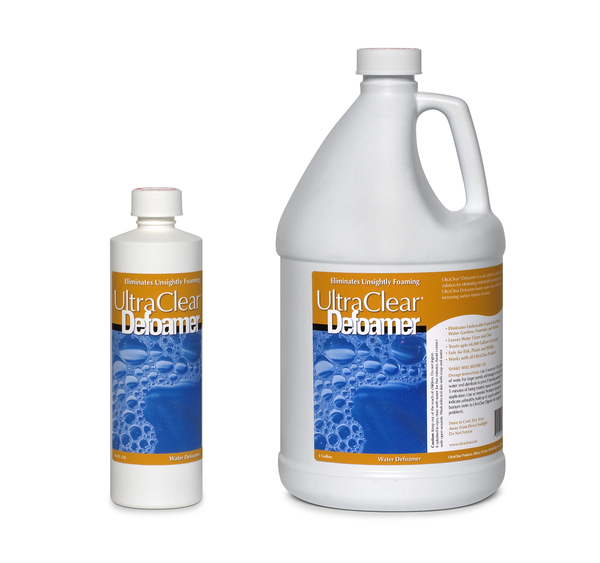Effective Use of Defoamers in the Pharmaceutical Manufacturing Process
The Duty of Defoamers in Enhancing Item Top Quality and Efficiency
Defoamers offer as necessary additives that reduce this concern, guaranteeing smoother manufacturing operations while boosting the practical and aesthetic features of the last items. The option of the proper defoamer can be important to attaining optimal outcomes, increasing essential questions regarding formulation compatibility and efficiency metrics that warrant further expedition.
Recognizing Defoamers
Understanding the duty of defoamers is crucial for keeping item quality throughout different sectors. Defoamers are chemical additives made to decrease and stop the formation of foam in liquid systems, which can detrimentally influence procedures such as blending, filling, and surface area stress. Foaming can bring about inadequacies, item flaws, and endangered visual charm, making defoamers an essential component in producing operations.
In commercial applications, defoamers aid to boost product uniformity and security. In the paint and finishes market, foam can interfere with the application process and the last surface. Similarly, in food and beverage production, excessive foam can hinder bottling and product packaging efficiency (defoamers). The effective use defoamers not only makes certain smoother production procedures however likewise adds to superior item performance.
In addition, the choice and formula of a defoamer must align with details application requirements, such as compatibility with various other ingredients, effectiveness under differing temperature and pH conditions, and potential governing restraints. Ultimately, comprehending defoamers' functions and their significance in different formulas is essential for maximizing manufacturing and making sure the finest quality output.
Kinds of Defoamers
Defoamers can be classified right into a number of types based on their make-up and system of activity. The main kinds consist of silicone-based, non-silicone natural, and not natural defoamers.
Silicone-based defoamers are among one of the most reliable, mostly due to their capacity to spread out swiftly on the liquid surface and interrupt foam formation. Their one-of-a-kind chemical framework enables for remarkable stability, making them suitable for high-temperature applications and settings with varying pH degrees.
Non-silicone natural defoamers, often made up of all-natural oils or fatty acids, are valued for their biodegradability and reduced poisoning. These are commonly made use of in food and drink applications where security and environmental effect are paramount.
Inorganic defoamers, which include materials like talc or calcium carbonate, act by increasing the thickness of the liquid, therefore minimizing foam stability. They are frequently utilized in commercial procedures where compatibility with various other products is not an issue.
Each kind of defoamer has distinct benefits and limitations, permitting customized options depending upon the particular frothing problems encountered in various applications. Comprehending these differences is crucial for optimizing performance and accomplishing desired product high quality.
Applications Across Industries
Countless industries take advantage of defoamers to boost product top quality and operational efficiency. In the food and beverage market, defoamers are essential in processes such as developing and dairy products production to protect against foam development, which can bring about inefficiencies and item disparity. By managing foam, manufacturers can ensure better yield and an extra consistent item.
In the pharmaceutical market, defoamers play an essential role in the solution of liquid medicines, where too much foam can hamper blending and precise application. Their use helps maintain the stability of the formulations and helps with smoother production my sources processes.
The paint and coatings industry additionally counts on defoamers to improve the performance of items during application. By decreasing foam, these ingredients guarantee a smoother coating and enhance the visual high qualities of the end product.

Advantages of Utilizing Defoamers
While you can try this out the application of defoamers varies throughout markets, their benefits consistently enhance item top quality and process effectiveness. One considerable benefit is the reduction of foam formation during making processes, which can or else cause production delays and inconsistencies in item high quality. By decreasing foam, defoamers allow a smoother flow of materials, assisting in extra reliable operations and lowering the chance of devices malfunctions.
Furthermore, the use of defoamers can boost the appearance and structure of end products. In industries such as finishings, paints, and food processing, too much foam can endanger the visual aesthetic appeals and overall high quality, while the appropriate defoamer application guarantees a consistent surface and preferable qualities. Furthermore, defoamers can add to set you back savings by decreasing waste during manufacturing and optimizing the usage of resources (defoamers).

Picking the Right Defoamer
Picking the best defoamer is critical for enhancing manufacturing procedures and making sure product high quality. The option of defoamer influences not just the performance of foam control but additionally the overall efficiency features of the last product. Elements to think about consist of the kind of application, the chemistry of the formulation, and the environmental problems under which the product will be utilized.
Different industries may require you could try here particular defoamer kinds, such as silicone-based, organic, or polymeric defoamers. Understanding the compatibility of the defoamer with the primary components is important to avoid damaging reactions that can endanger item honesty. Furthermore, the defoamer's performance in numerous temperature levels and pH levels should be reviewed to make sure regular efficiency.
Examining the defoamer in small-scale applications can supply useful insights into its efficiency and viability. Factor to consider of regulative conformity, specifically in food, pharmaceuticals, and cosmetics, is critical in selecting a defoamer. Ultimately, a comprehensive analysis of these factors will bring about the selection of a defoamer that not just regulates foam properly but additionally enhances the high quality and performance of the final item.
Conclusion

In final thought, defoamers are crucial additives that dramatically boost item top quality and performance throughout different sectors. By effectively reducing foam formation, these agents not only improve operational performance however likewise add to the visual and practical stability of products. The calculated choice and application of defoamers lead to set you back savings, enhanced resource usage, and increased consumer contentment. Overall, the significance of defoamers in commercial processes can not be overstated, as they play a vital duty in achieving regular and top notch outcomes.
Lathering can lead to ineffectiveness, item defects, and endangered visual charm, making defoamers a vital element in making procedures.
